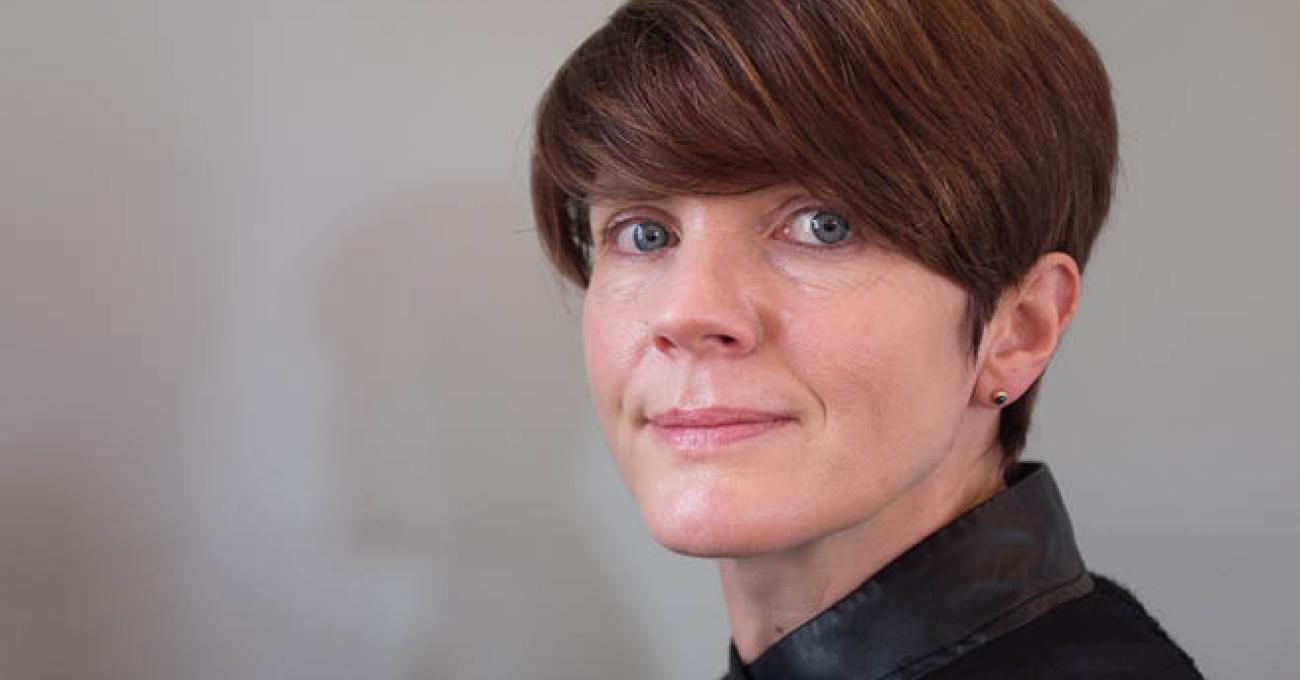
MC Faculty member Anna Phillips explains how your beliefs shape your behaviour, and shares 5 beliefs that helped to shape her own focus on greater well-being.
We all know what we need to do; eat healthily, move more, unplug and unwind yet we fail to make the leap from knowledge to action, we aren’t sufficiently motivated to make changes even though we feel the consequences of not taking better care of ourselves. So how do we bridge the knowing-doing divide and align our actions in ways that support those intentions?
A good place to start is with our beliefs; what we believe shapes our behaviour. By consciously choosing to adopt a resourceful belief, we can then ask ourselves how we might live in alignment with that belief, explore what we can do more of, less of, or differently, to express that belief. It becomes the anchor point for a plan and a motivating force to create new habits. Five beliefs have helped shape my own focus on greater well-being:
1. Self-care is not an indulgence but an investment
Our bodies and minds need adequate rest and renewal to stay fit for the long haul, it is essential if we are to consistently perform well. If we adopt this belief then we are more likely to create space for regular fitness routines, ensure we get enough sleep, put a clear boundary between work and down-time, having at least one email free day at the weekend, taking a complete break from work on holidays. All gym-goers know the formula of “stress then rest” for increasing stamina and honing muscle so how about we apply that principle to help us develop stamina for the demands of modern life?
2. Optimal performance is not the same as maximum performance
We can work flat out for a short period of time, we might even be energised by it, but it is not possible to maintain that pace for long; working ever-longer hours is a recipe for burnout. Optimal performance is the sweet spot where we perform highly and achieve a great deal at a pace that is sustainable over the long term. Believing optimal is more desirable than maximum enables us to work towards a better balance, it might mean we pay attention to the signs that tell us we are overloaded, ask for help, start commitment-cropping, reconnect with what we enjoy at work, actively make space for those things that help recharge our batteries.
3. Showing up is not the same as being present
The evidence shows multi-tasking leads to poorer, less time-efficient outcomes yet who amongst us has never sat in a meeting, on a conference call, or with our families, whilst also scrolling or tapping on one of our screens? Me neither! Being present requires boundaries, especially at home, we need to be psychologically present with our loved ones. Believing this helps us to develop the habits of unplugging, putting time boundaries around our availability, setting ground rules in meetings about phone usage, not emailing in the evening. We might also develop our attention skills to improve our productivity and transform our relationships. I find that having a mindfulness practice really helps here.
4. Emotional first aid is as important as physical
As Guy Winch says in his excellent TED talk, Why We All Need To Practice Emotional First Aid, we wouldn’t take a knife to a cut on our arm and gouge a deeper wound yet all too often our inner critic wounds us further with negative self-appraisal in the face of a setback. Frankly, mine is capable of an Oscar-winning performance if allowed to take centre stage. Learning to have more self-compassion, to dial down that voice of criticism is essential for our well-being. Believing this helps us to turn our attention to more constructive thoughts, to focus on what we can learn here, what we are grateful for, to enquire how we can be a good friend to ourselves right now. Again, mindfulness really helps here.
5. Time is a choice
Busyness has become synonymous with importance and worth in modern life and we often feel overburdened. There is a sense of being done to, of helplessness in our complaint about how busy we are. Yet time allocation is a choice and that clarity puts us back in control and more conscious of how we use it. If we believe our time is precious and we can choose how we invest it, we might hone our priorities to spend less time at the office or in meetings, or responding to email and more time with family or working on projects that matter to us, attending to what is important, not just urgent, in our daily round.
Choosing to live according to these five beliefs has made a profound difference for me, I gradually shifted from a place of surviving the daily round to thriving in life. I don’t pretend my life is perfect, far from it, and I certainly don’t float around in a permanent bubble of tranquillity, (as family, friends and colleagues will attest!) but I have achieved an overriding sense of calm, contentment, resilience and wellbeing.
In the words of philosophical writer James Allen, “You are today where your thoughts have brought you; you will be tomorrow where your thoughts take you.” Our beliefs have the power to shape our reality, what beliefs are shaping yours?
Anna is a leadership coach, resilience practitioner and certified mindfulness teacher who equips clients with the knowledge and skills to sustain peak performance whilst achieving a greater sense of wellbeing and balance in their lives.